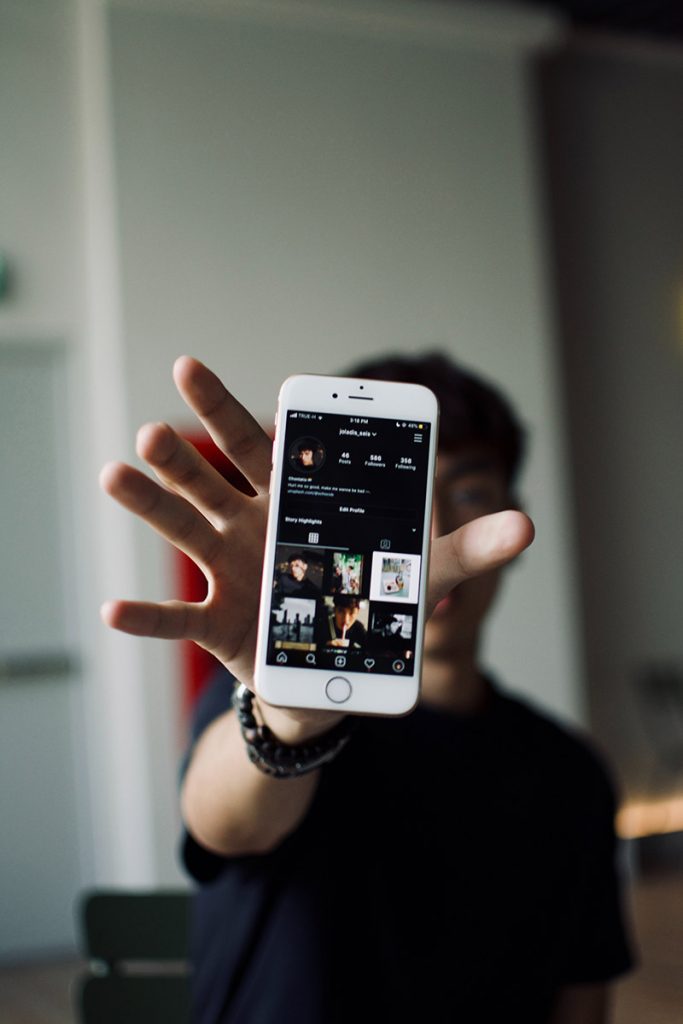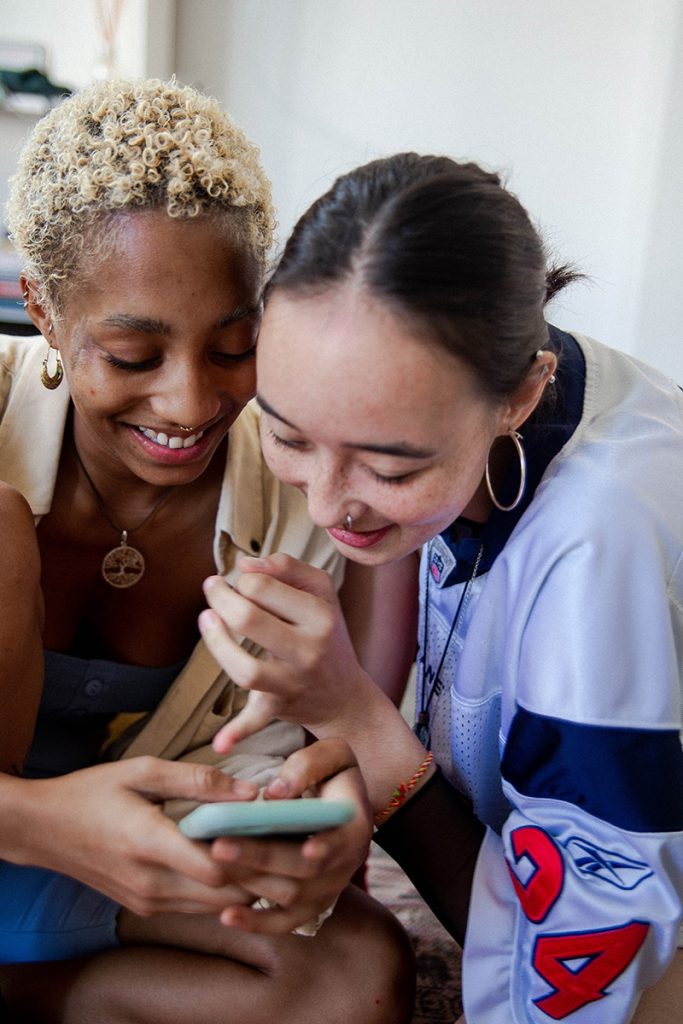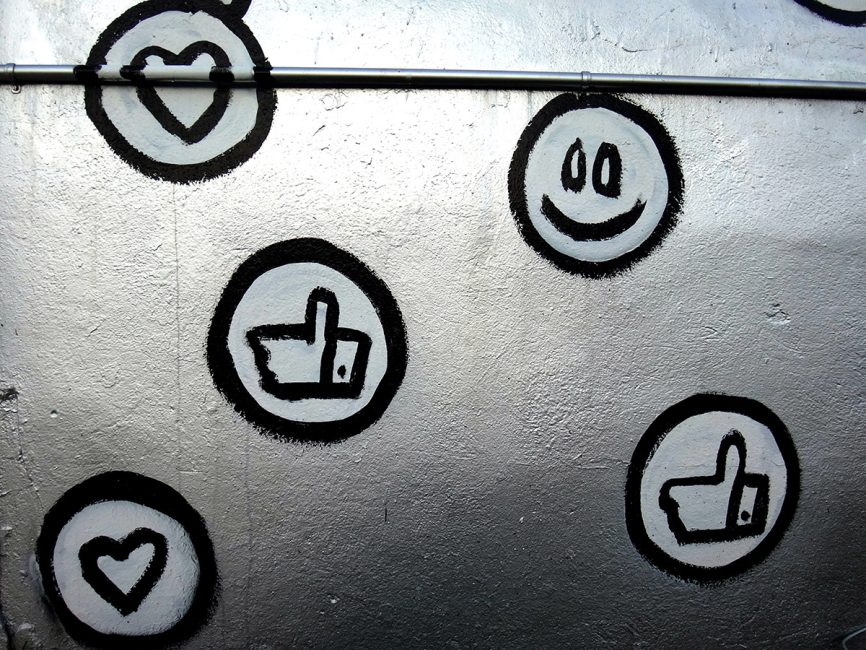by: Dani Hobbes, Convergence Digital Ministry Fellow
When I was in 5th grade we had an all-school assembly on internet safety. I was excitedly prepared for some time away from class…until I walked into the auditorium and discovered a picture of me and my family projected on the screen for the whole school to see. People were turning to stare at me and whispering. The mortification was instant. If you’re wondering why my family photo was up there for the world to see, the answer is that my dad was one of the resource officers in my town and was in charge of the safety presentation that day.
For context, this was circa 2005. I was 10 years old (yes, I was born in ’95) and my only participation in the online world was Club Penguin and Instant Messenger. It wasn’t until about two years later that I got a Myspace account, and 2 years after that when I got a Facebook account. I am telling you all of this because I think it is important to understand the background and perspectives of the authors of the articles we read. I was not born into our current social media world, but I was steeped in it heavily during my formative years. To be more blunt, by the time I hit puberty, social media was part of the very air I breathed. As such, I have a real love-hate relationship with it. So, while this article admittedly focuses primarily on the negative side of social media, please remember that there is also a lot to love.
Now, while I would love to meet you, dear reader, and get to know you, unfortunately media formats such as this don’t allow for that (though feel free to introduce yourself in the comment section below!). Instead, I am writing this article based on a few assumptions: 1) you are either engaged in digital ministry or want to be engaged in digital ministry on social media, 2) you care about Convergence’s commitments to a just and generous Christian faith.

When it comes to pursuing a more just Christian faith, there is a popular Evangelical phrase that comes to mind: “in the world but not of it.” If you’re a recovering Evangelical like me, let’s take a moment to cringe. However, I think this can be a helpful guiding phrase for those committed to justice in an unjust world. We (currently) have no choice but to live in unjust and unethical systems and structures, but we can learn more about how those systems and structures operate so we do not unknowingly buy into them. And while it may be easy to solely view social media as a tool, it is not a neutral tool. In other words, it is both influenced by and influences our societal norms and ways of being. When we sign into and start creating content on social media, we are not simply picking up a tool the way we would a hammer, we are entering into an entire world-system that influences culture and our actions.
This may seem extreme, but between the time of the aforementioned assembly catastrophe and now, there has been an array of research that shows just how much social media has the power to influence us subconsciously. Take this quote from the beginning of Digital Dilemmas for example:
…as these technologies become more embedded in society and wielded as tools of international development, opportunity, and challenge for successive generations of activists, internet media and communications have been undergirding tectonic shifts in world order in terms of the practice of statecraft at home and intergovernmental cooperation abroad. In this context a variety of vested interests are looking not only to entrench but also to extend any incumbent powers they may have over how the internet functions, how it is accessed, and how people make use of the web. These moves include forms of state-sponsored and commercial monitoring, censoring, and various sorts of restrictions on what sorts of content people access and the terms and conditions by which they can engage service providers, exchange information, or interact with one another when online…Ordinary people meanwhile have become accustomed to the idea that the cyberspaces they traverse are open, online interactions are transparent in a positive sense, and the web’s products and services are more or less “free.
TLDR: technology such as social media has become such a foundational part of society that it has (and wields) the power to influence core institutions as well as governmental structures and decision-making.
What was wild to me, when I first learned about the ways social media influences us subconsciously, is that it wasn’t by accident, but by design. In the tongue-in-cheek book, Ten Arguments for Deleting Your Social Media Accounts Right Now, Jaron Lanier explains that “The core process that allows social media to make money and that also does the damage to society is behavior modification. Behavior modification entails methodical techniques that change behavioral patterns in animals and people. It can be used to treat addictions, but it can also be used to create them.” In other words, social media is primed to make us addicted. It only takes a quick glance at the news (or our own social media feeds) to see just how harmful such addiction can be to individuals and society.

Now, unlike Lanier, I am not telling you to delete your social media accounts (yet). I simply want us to be aware of what we are entering into when we open social media, and especially when we become content creators. Our content does not exist in some neutral void, it is part of a system designed to keep people coming back; their well-being be damned (am I allowed to say that here?). If we are going to be digital ministers pursuing a more just world, it is imperative that we understand the unjust structures of the world we live in, and that includes social media.
What I talk about here is just the tip of the iceberg, but it is a tip we must be willing to confront. The more we learn about the ways in which social media causes harm, the more we can be mindful of not inadvertently contributing to that harm. Here are some discussion questions to get us started in the right direction:
- What does your social media usage entail? Are you mindlessly scrolling, clicking on ads, or using it as a curated space for learning and social engagement? How many hours do you spend scrolling on social media versus engaging in conversations with people one-on-one?
- Why are you making content for social media? Is it because someone told you it was the hip thing to do? Are you just trying to keep up with recent trends in order to gain followers? Are you using it as an educational space that also encourages people to engage in deeper forms of community?
- How can we as digital ministers resist—even in small ways—the harmful effects of social media?
I don’t have the answer to these questions, simply asking the questions feels like a positive step as more and more of us situate our ministry in the digital world. These are the types of questions we must be asking as we pursue a more just and generous faith.
Further Resources for Reflection:
- The Social Dilemma—Documentary on Netflix
- Ten Arguments for Deleting Your Social Media Accounts Right Now—Jared Lanier
- Coming Soon to Convergence—Digital Humanities Meets Digital Ministry: Mindful Pedagogy in the Digital World


Comments
Great food for thought…
Outstanding article that addresses many of the issues I personally grapple with as a professional church communicator. I highly recommend resources from the Center of Humane Technology to those who want to delve deeper into the ethics of social media.